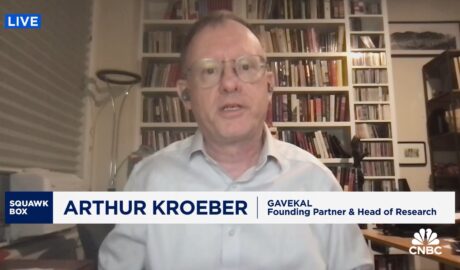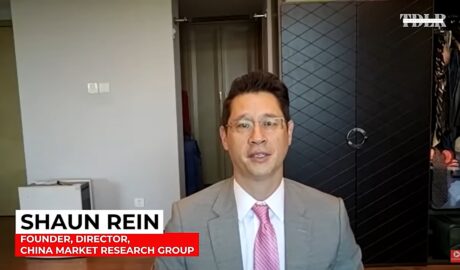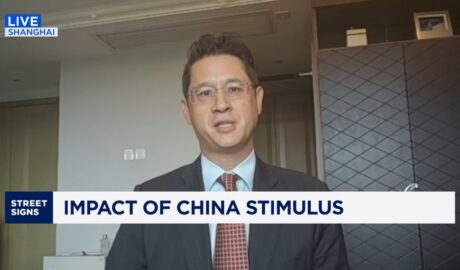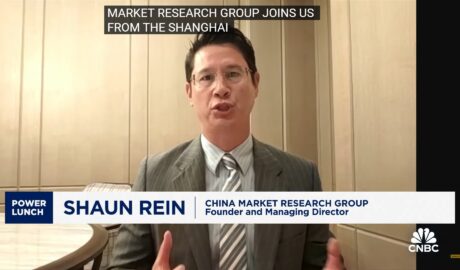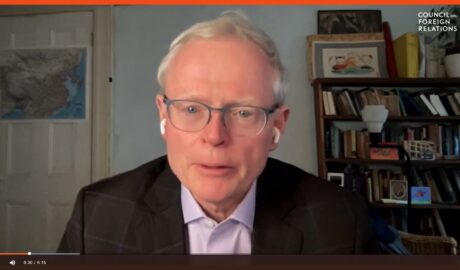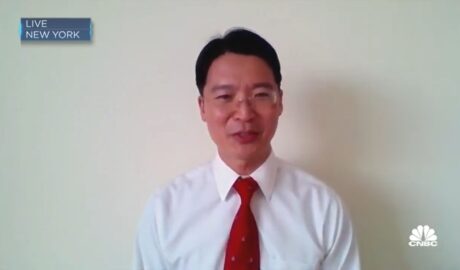No structural reform expected for China – Arthur Kroeber
Despite the hope of the international financial community, China is not heading for structural reforms, says leading economist Arthur Kroeber, author of China’s Economy: What Everyone Needs to Know®, to CNBC. Pushing up demand is not high on the agenda for China’s leadership, he says, and they do not want to push up debts levels to new heights.Read More →

